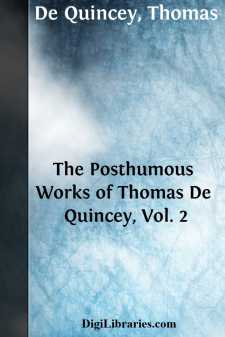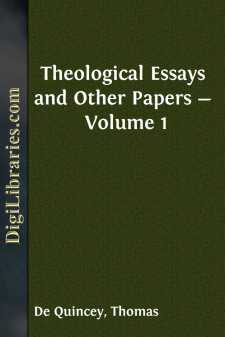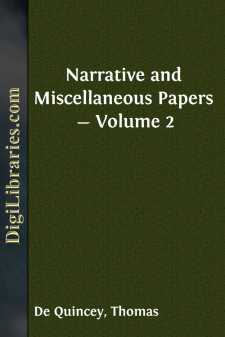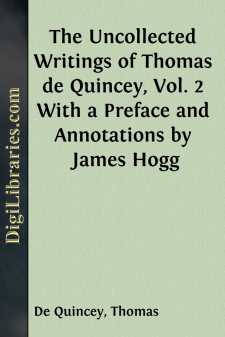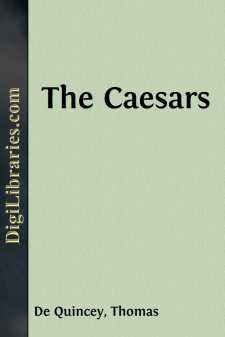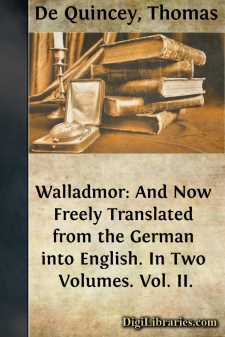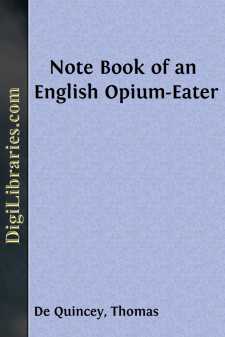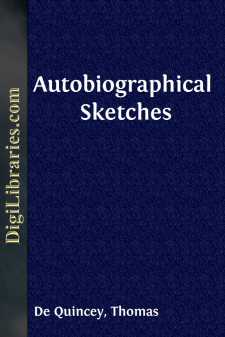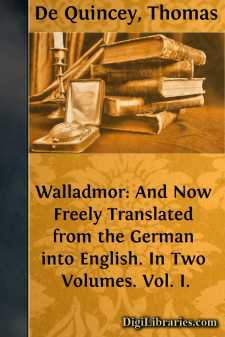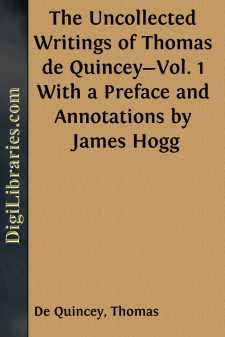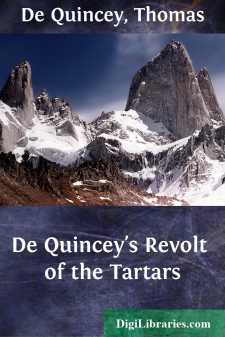Categories
- Antiques & Collectibles 13
- Architecture 36
- Art 48
- Bibles 22
- Biography & Autobiography 813
- Body, Mind & Spirit 142
- Business & Economics 28
- Children's Books 17
- Children's Fiction 14
- Computers 4
- Cooking 94
- Crafts & Hobbies 4
- Drama 346
- Education 46
- Family & Relationships 57
- Fiction 11829
- Games 19
- Gardening 17
- Health & Fitness 34
- History 1377
- House & Home 1
- Humor 147
- Juvenile Fiction 1873
- Juvenile Nonfiction 202
- Language Arts & Disciplines 88
- Law 16
- Literary Collections 686
- Literary Criticism 179
- Mathematics 13
- Medical 41
- Music 40
- Nature 179
- Non-Classifiable 1768
- Performing Arts 7
- Periodicals 1453
- Philosophy 64
- Photography 2
- Poetry 896
- Political Science 203
- Psychology 42
- Reference 154
- Religion 513
- Science 126
- Self-Help 84
- Social Science 81
- Sports & Recreation 34
- Study Aids 3
- Technology & Engineering 59
- Transportation 23
- Travel 463
- True Crime 29
The Posthumous Works of Thomas De Quincey, Vol. 2
Categories:
Description:
Excerpt
INTRODUCTION.
All that needs to be said in the way of introduction to this volume will best take the form of notes on the articles which it contains.
I. 'Conversation and S. T. Coleridge.' This article, which was found in a tolerably complete condition, may be regarded as an attempt to deal with the subject in a more critical and searching, and at the same time more sympathetic and inclusive spirit, than is apparent in any former essay. It keeps clear entirely of the field of personal reminiscence; and if it glances at matters on which dissent must be entered to the views of Coleridge, it is still unvaryingly friendly and reverent towards the subject. It is evidently of a later date than either the 'Reminiscences of Coleridge' in the 'Recollections of the Lakes' series, or the article on 'Coleridge and Opium-Eating,' and may be accepted as De Quincey's supplementary and final deliverance on Coleridge. The beautiful apostrophe to the name of Coleridge, which we have given as a kind of motto to the essay, was found attached to one of the sheets; and, in spite of much mutilation and mixing of the pages with those of other articles, as we originally found them, it was for the most part so clearly written and carefully punctuated, that there can be no doubt, when put together, we had it before us very much as De Quincey meant to publish it had he found a fitting chance to do so. For such an article as this neither Tait nor Hogg's Instructor afforded exactly the proper medium, but rather some quarterly review, or magazine such as Blackwood. We have given, in an appended note to this essay, some corroboration from the poems of Coleridge of the truth of De Quincey's words about the fatal effect on a nature like that of Coleridge of the early and very sudden death of his father, his separation from his mother, and his transference to Christ's Hospital, London.
II. Mr. Finlay's 'History of Greece.' This essay is totally different, alike in the advances De Quincey makes to the subject, the points taken up, and the general method of treatment, from the essay on Mr. Finlay's volumes which appears in the Collected Works. It would seem as though De Quincey, in such a topic as this, found it utterly impossible to exhaust the points that had suggested themselves to him on a careful reading of such a work, in the limits of one article; and that, in this case, as in some others, he elaborated a second article, probably with a view to finding a place for it in a different magazine or review. In this, however, he either did not succeed, or, on his own principle of the opium-eater never really finishing anything, retreated from the practical work of pushing his wares with editors even after he had finished them. At all events, we can find no trace of this article, or any part of it, having ever been published. The Eastern Roman Empire was a subject on which he might have written, not merely a couple of review articles, but a volume, as we are sure anyone competent to judge will, on carefully reading these articles, at once admit....


